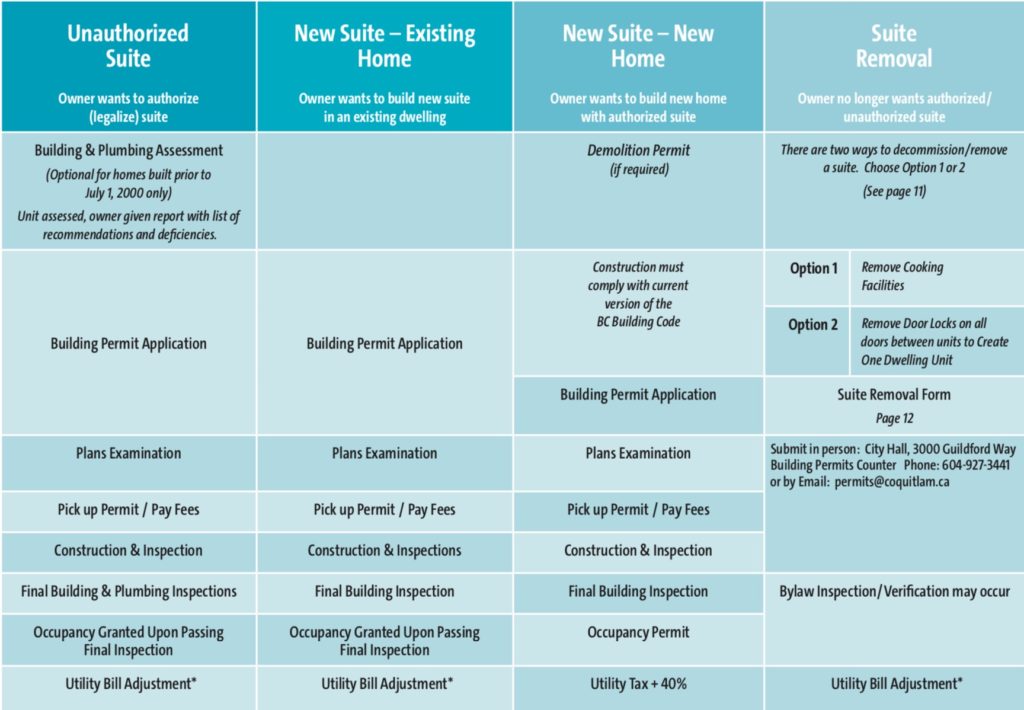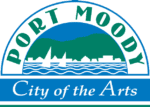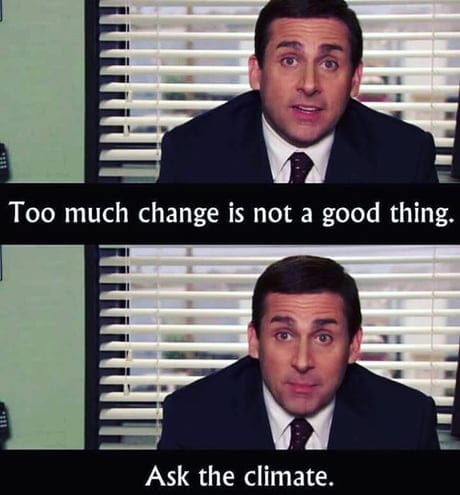Author: Meryl Hamdillah, REALTOR with Sutton WestCoast Group.
If you are looking for a realtor to help you buy or sell a property in Coquitlam or Vancouver, feel free to Chat with me now! 604-307-9506
Households
BC Stats Household projections.
Households that Rent
BC’s Rental Housing Index.
Rental Suites
>25% of all households rent secondary suites: Planning and Development Vancouver/ Coquitlam.
Illegal Rental Suites
>18% according to survey conducted by Square One Insurance.
The number of illegal rental suites is growing in Coquitlam & Metro Vancouver – learn about what makes a basement suite legal or illegal
This blog discusses the difference between legal and unauthorized suites in Coquitlam and the Tri-Cities. In Metro Vancouver, some of the highest numbers of illegal rental suites in Canada (over 15,586 conservatively) exist. In the Tri-cities, the number of unauthorized suites is growing due to the rental market and high cost of homes. Buyers looking for houses with a secondary suite mortgage helper and current homeowners will need to consider the legal status of these suites. This blog will help you decide if renting out an illegal suite is acceptable risk or not. You will learn about the different legal status of secondary suites in Coquitlam and the negatives and benefits of each type. You will also learn how to legalize a suite and the steps you need to take if you decide to renovate and convert an illegal suite to a legal one.
Looking to purchase or sell a home with a secondary or basement suite?
It is best to work with a real estate agent that is familiar with the Coquitlam, Port Moody or Port Coquitlam Secondary Suite Programs to guide you. There are zoning requirements, restrictive covenants, bylaw compliance and legal clauses that would need to be in the purchase contract; in other words, you should speak to an experienced agent.
Looking for info on Vancouver secondary suites?
Vancouver illegal basement suites
Looking for info on Burnaby illegal suites and the 2019 declaration due November 30?
Burnaby has a new supplemental utilities fee declaration for secondary suites
Secondary Suite Basics
What is a secondary suite?
A secondary suite is a separate living area contained within a single family dwelling. The secondary suite must function like a self-contained living unit complete with a kitchen, bathroom and at least one bedroom.
A secondary suite may share common space on the same floor with the primary residence; for example, a laundry room.
The suite must also have at least one access door leading directly outside the dwelling.
The suite floor area shall not exceed 40% of the total area of the dwelling, or exceed 90 m² (970 ft²) which ever is less.
What are other names for secondary suites?
A secondary suite in Coquitlam BC can also be referred to as a nanny suite, rental suite, mortgage helper suite, in-law suite, or basement suite. These names describe their primary usage or benefits of these apartments.
How many homes in Coquitlam with illegal suites get reported?
The number of fines issued under the Coquitlam city’s building bylaw rose from 43 in 2016 to 63 in 2017, with 47 tickets related to impermissible suites. In 2018, Coquitlam’s bylaw enforcement issued several dozen tickets and stated that their focus was to prevent more illegal suites from being created but at the same time did not want to punish tenants who may be living in these suites.
How do I find out if a house with rental suite is authorized in Coquitlam?
For Coquitlam, the city’s building permits division can look up an address and let you know if the zoning allows or if a suite is already registered. If you are deciding on purchasing a home, you should confirm this with your real estate agent or city expert.
What is the difference between an illegal rental suite and a legal rental suite?
In Coquitlam/Tri-cities, suites have a range of legal status:
Legal suite – a suite that has the proper zoning, meets BC building codes, meets Coquitlam building permit requirements, and has appropriate yearly license for rental if applicable.
Family suite – a suite occupied by family members of the principal property resident has special status. Rental by family members are exempt from some of the requirements.
Phase-out or suites with temporary approval for a limited number of years. Due to the history of city and BC legislation, some suites were granted temporary legal status.
Legally non-conforming suite – some older suites do not conform to modern building codes but the city has grandfathered in legal status.
Illegal suite – a secondary suite that does not have approval under BC building codes or city permits for a variety of reasons. The owner may be concerned about the extra costs or effort/time associated with getting permits and upgrading a suite to legal status.
Unauthorized suite – A suite that does not meet all the requirements of a legal suite. It is popularly used to describe secondary suites that meet most but not all legal requirements. For example, a secondary suite can meet all the basic legal requirements and have a kitchen, separate entry, bedroom, and bathroom but have issues with window size or ceiling height, fire separation. A common problem is lack of additional parking space.
Are there special secondary suite requirements in Coquitlam?
It is important for you to note that in Coquitlam’s bylaws, a secondary suite must be “secondary” in function to the principal use of the dwelling. That means a suite cannot be detached from the home. It also cannot be a single story addition or “wing” nor can it be on the top floor of a house. Sometimes it is best to check with the City on this interpretation of the bylaw.
A secondary suite is NOT …
…a laneway house, nor a cottage house, nor an attached dwelling. Secondary suites are not allowed in multi-family buildings like townhouses, duplexes, or apartments UNLESS there is special zoning. You can only have 1 legal secondary suite per single family home. The suite will not have separate title, nor can it be stratified (unless special municipal zoning allows). A secondary suite will not be assigned a separate address by the City nor be eligible for separate services, such as garbage and recycling. A secondary suite is not a separate housing unit with its own Certificate of Title, nor can it be stratified like a duplex or townhouse unit. A suite will not be assigned a separate address by the City.
Is it acceptable to rent out an unauthorized or illegal rental suite?
The statistics speak for themselves, many BC suites are illegal and rented out. BC recognizes the advantages of secondary suites to help with increasing rental choice, providing lower cost rental stock, and providing financial mortgage help for homeowners – HOWEVER – the primary concern is the proper safety inspection of secondary suites. Many of them do not comply with all the rules yet they continue to be rented out. Be aware that renters have rights according to the Residential Tenancy Act regardless of a suites’ legal status.
What are the risks and rewards in legalizing an illegal rental suite?
REWARDS: There are several benefits to legalizing your suite. If you are renting out your suite and treating this like an investment, then you can decide to lower the risk of any surprises like penalty fees if your suite’s is unauthorized. Additionally, if you are looking a selling your home later, an additional authorized suite can increase value when selling your home. Pros: include lower risk as mentioned above and increased value when selling a home. However, it is in your interest to understand the costs and effort involved to legalize a suite. The steps to legalize a suite are different in the Tri-cities due to different zoning bylaws. However, the general steps are similar. Coquitlam has a Secondary Suite Program that promotes the process of determining what you need to do if the house you buy has an illegal rental suite or if you want to create a legal rental suite.
RISKS: The reality is that there are many homeowners who currently do not go through legalization of their suites; some may not be familiar with the procedures; some fear the costs will be too high; some avoid the extra costs and taxes associated with declaring their suite. Regardless of why, it is in your interest to understand the extra costs required to gain the benefits above. If you have an existing suite, you need to find out if it is legal, authorized, or licensed for rental use.
- If an illegal rental suite is reported by the tenant, neighbours, or anyone that has a reason to report you (noise, disagreements, etc), it could trigger an inspection. The result may require you to bring your suite up to code and possibly lead to fines if you do not comply with timeframe.
- Insurability of your suite or home is affected when safety permit standards are not met (examples include fire and electrical standards). During an insurance loss claim, homeowners who did not declare their illegal suite may find themselves violating the terms of their insurance agreement.
- If you are in the process of buying a home with an unauthorized suite, and you are using the income from the rental of the suite as a mortgage helper, the mortgage lender may reduce or even refuse the benefit of that income.
- Many homeowners rely on long-term tenants who have good history to mitigate the risks of renting out illegal suites and not trigger a report.
- In Coquitlam, the Director of legal and by-law enforcement said “The primary goal of the city’s suite enforcement program is to prevent illegal suites from being established in the first place.”
- The number of fines issued under the Coquitlam city’s building bylaw rose from 43 in 2016 to 63 in 2017, with 47 tickets related to impermissible suites
USE THE CHART BELOW TO FIND OUT HOW TO MAKE A LEGAL SUITE IN COQUITLAM

City Guides – Secondary Suites
RELATED ARTICLES AND BLOGS
New Legislation on rental restrictions | READ MORE
In Dec 2018, BC’s Housing Task Force report recommended strategies to increase the rental housing stock using secondary suites. There is proposed legislation to allow homeowners to be exempt from strata bylaws to restrict rentals. Although discussions of this proposal by Selina Robinson was estimated to come into effect in 2019, discussions are likely to continue into 2020.









